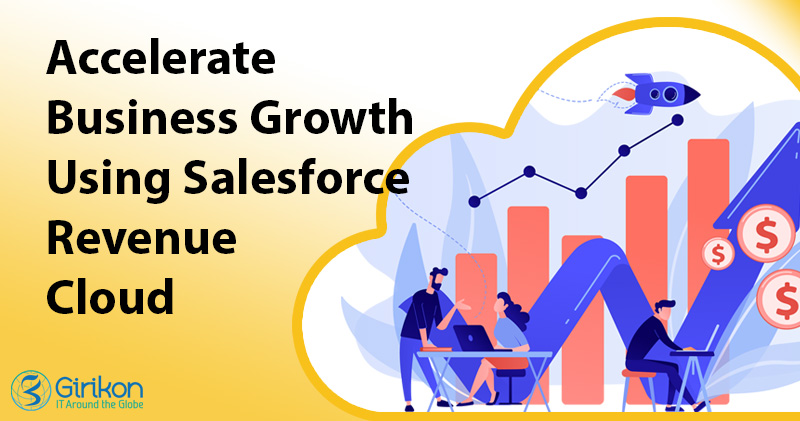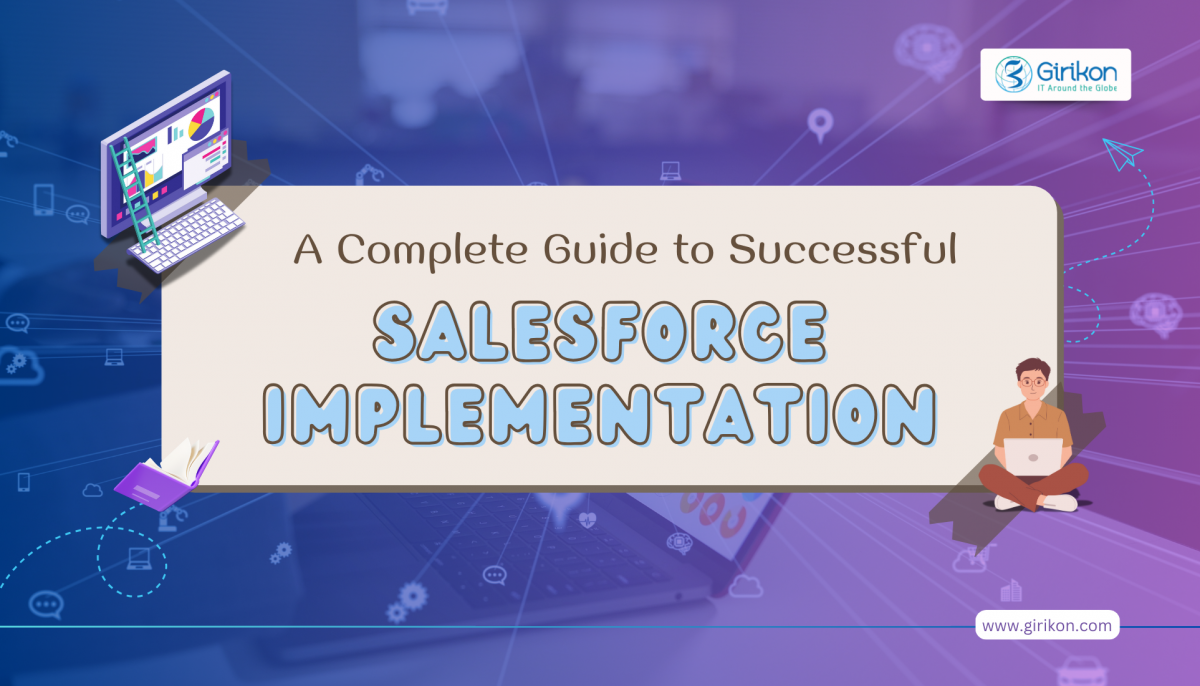Our Blogs
The Covid-19 has wreaked havoc on businesses across the globe. While complexities such as a shift in consumer demand, disruption of distribution channels, and unreliable data forecasting undermined some businesses; few others struggled to meet the sudden spike in demand for products that happened overnight. While new challenges arose as a result of the pandemic, the need to manage revenue didn’t change. Rather it has become more urgent now.
With tightening budgets, B2B buyers are looking for quick and flexible purchasing and payment options along with personalized and prompt services to adjust their contract rather than waiting for weeks. However, delivering on their expectation is difficult with multiple stakeholders and a growing network of partners and acquisitions. Apart from this, legal and compliance regulations around revenue reporting make precision critical.
Salesforce – a leading name in the CRM space has introduced Salesforce revenue cloud, which provides businesses the flexibility to make the process of buying quicker and easier, generate new revenue streams, and augment revenue efficiency across different channels. It does all this by bringing together CPQ and billing, B2B commerce, and partnership management. Since, revenue cloud is a part of the Salesforce customer 360 platforms; it will allow organizations to create a single source of truth by connecting their sales, operations, and finance teams revenue and customer transaction. To implement the Salesforce Revenue cloud, organizations should seek Salesforce support from a reliable service provider.

Businesses will be able to reap the following benefits by leveraging the Revenue cloud:
Transform the Buying Experience: The introduction of new B2B Commerce and CPQ connector helps in the customization of digital storefronts for complex B2B selling. Apart from this, functionalities such as customizable pricing to digital carts for a self-service experience for customers can be added. So, when a customer shares their specific needs, it becomes easy for sales reps to resolve their queries as they have access to the entire purchase history of customers. This will allow customers the ability to move across different sales channels with the help of sales partners and digital storefronts.
New Sources of Revenue: The implementation of revenue cloud empowers sales and marketing teams to form new revenue generation strategies including the launching of subscription packages, implementing pricing policies. The recent acquisition of Vlocity made by Salesforce adds to the workflows for revenue management. With the new Multi-Cloud Billing feature, organizations can create revenue streams by gathering data from other clouds on a single platform.
Augments Revenue Efficiency: The process of tracking revenue is manual, and time-consuming. Automating these processes relieves teams from the burden of manual transfer of crucial data between systems, data reconciliation, and approvals. Automation helps in commencing sales orders and consolidating invoices. These will do away with the issues relating to underbilling or making incorrect modifications to contracts.
The new Customer Asset Lifecycle management tool provides a visual dashboard of whatever a customer has purchased while keeping a record of all the amendments made in a contract over time. Apart from this, effective assessment against KPI’s such as lifetime value of customers, net revenue retention is beneficial for all the teams. This will help teams to make key decisions regarding cost- cutting and who to target now.
Final Words
Salesforce revenue cloud is another powerful addition to the cloud platform. This robust cloud solution allows businesses to track and report the generation of revenue with accuracy. The revenue cloud platform can help businesses accelerate growth by filling the gaps created as a result of lost revenue or improving on the areas where a business is doing well. Irrespective of the complexity of the business models, deals, or revenue processes, Revenue Cloud provides a single source of truth for transactional data. To know more about Revenue cloud, it’s important to get in touch with a certified Salesforce consultant.

 +1-480-382-1320
+1-480-382-1320 +44-7428758945
+44-7428758945 +61-1300-332-888
+61-1300-332-888 +91 9811400594
+91 9811400594


















